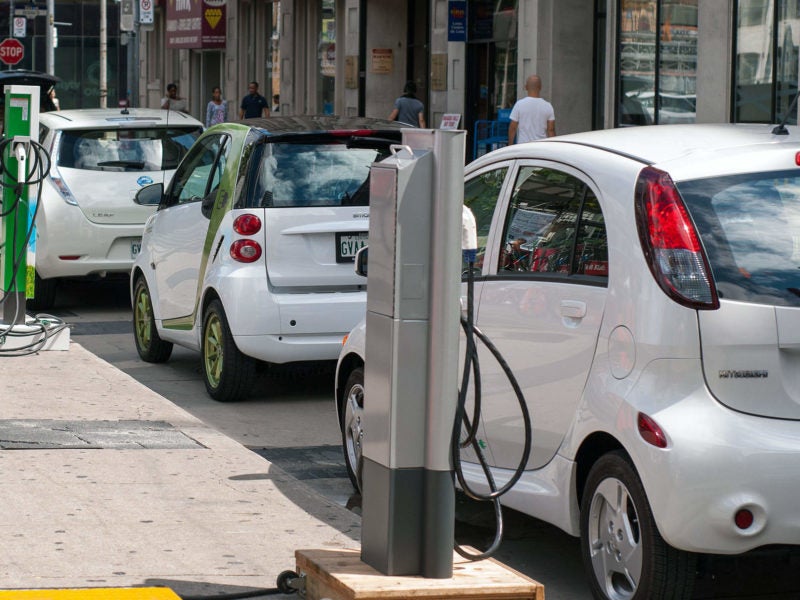The global auto industry is shifting with the electric vehicle (EV) revolution as the market is rapidly changing supported by technology improvements, increased affordability and government incentives. The evolving market will have a substantial impact on copper demand, where supply will struggle to match upcoming demand.
Copper is essential for the efficient performance of all types of electric vehicles. A pure electric vehicle contains more than a mile of copper wiring in its stator windings. Besides its use in electric motors, copper is used in batteries as well as inverters, wiring and in charging stations, owing to its durability, malleability, reliability and superior electrical conductivity.
Copper-intensive electric vehicles
A typical EV contains 10 times more copper than a conventional vehicle. While conventional cars contain roughly 20 to 50 pounds of copper, a hybrid electric vehicle (HEV) typically contains 85 pounds of copper; a plug-in hybrid electric vehicle (PHEV) uses about 130 pounds of copper; and battery electric vehicles (BEVs) typically contain more than 180 pounds of copper. Moreover, a hybrid electric bus contains 196 pounds of copper, and a single battery electric bus contains a whopping 814 pounds.
In 2016, the number of electric vehicles increased to two million and the total is projected to reach seven million by 2025, with five million charge ports required to support them. It is expected that annual sales of plug-in electric vehicles alone will exceed one million in 2023, reaching more than 7% of annual sales by 2025. Chinese annual sales are expected to reach four million by 2020 and further expected to grow 30% by 2025.
The projected EV growth will significantly impact the copper market; demand is expected to increase from 185,000 tonnes in 2017 to 1.7 million tonnes in 2027.
The major advantage of electric vehicles is that they produce no carbon emissions. If the electric vehicle market grows as per industry predictions, they would eliminate the use of 13 million barrels of crude oil per day, accounting for 13% of global consumption, while using just 2,700 terawatt-hours of electricity, equal to 11% of global electricity demand in 2015.
Copper is a good conductor of electricity compared with any other base metal, and increases the efficiency and reliability of the vehicles. Copper use in technology could grow further as energy-independent vehicles that use solar photovoltaic systems enter the market. These vehicles also require considerable quantities of the red metal to operate. Demand for copper is projected to move closely with electric vehicle growth as it looks likely to become an important driver of copper demand in the near future.




